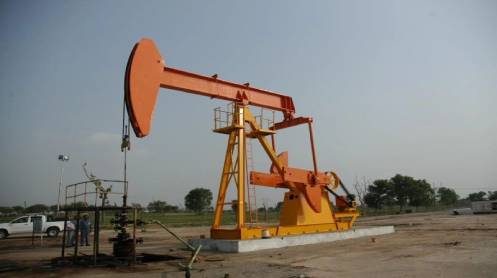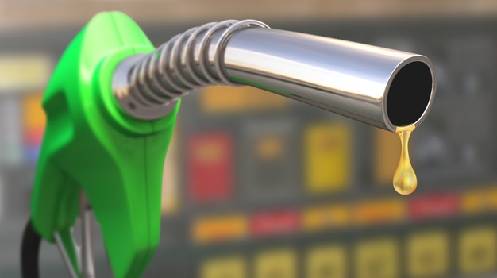ISLAMABAD – May 7, 2025:
The Senate Standing Committee on Petroleum voiced sharp criticism on Tuesday against the Oil and Gas Development Company Limited (OGDCL) and other stakeholders for ignoring parliamentary queries amid Pakistan’s deepening gas crisis and rising operational costs.
Chaired by *Senator Umar Farooq, the meeting saw lawmakers expressing alarm over **continued evasion by key public and private sector energy companies, especially OGDCL — the country’s largest upstream oil and gas firm — for *repeatedly failing to respond to the committee’s questions.
Senator Rana Mahmoodul Hassan highlighted that crucial performance data from OGDCL had yet to be shared and called for an *independent audit by one of Pakistan’s top four accounting firms. The committee also scrutinized the *Rs3.5 million per day cost of oil rig rentals, calling it unsustainable.
Minister for Energy (Petroleum Division) Ali Pervaiz Malik pledged *greater transparency and accountability, admitting that petroleum issues had taken a backseat to power sector reforms in recent months. He promised to deliver a *comprehensive sustainability plan and address the committee’s concerns going forward.
The session also revealed severe regional disparities in gas production and consumption. Punjab, despite being the most populous province, produced only 163 MMCFD of gas while consuming *976 MMCFD, relying heavily on **668 MMCFD of imported RLNG. In contrast, *Sindh produced 1,609 MMCFD and consumed 1,115 MMCFD. Khyber Pakhtunkhwa produced more gas (346 MMCFD) than it consumed (208 MMCFD), while Balochistan remained largely self-reliant.
Senator Kamil Ali Agha decried the “unacceptable” situation in Lahore, where gas is reportedly available only at designated hours for cooking and bathing. “The poor are deprived while industries continue to receive subsidized gas,” he said.
SNGPL’s Managing Director disclosed that the company received over 132,000 complaints of low pressure in the past year — including 25,000 during Ramadan — and claimed that 99% had been resolved. He added that *local gas now meets only 45% of total demand, with *55% dependent on imported RLNG.
Committee members cautioned that to ensure *uninterrupted domestic gas supply, *tariff hikes may be inevitable — a prospect likely to spark further public concern as Pakistan navigates a complex and politically sensitive energy transition.
Story by Israr Khan






